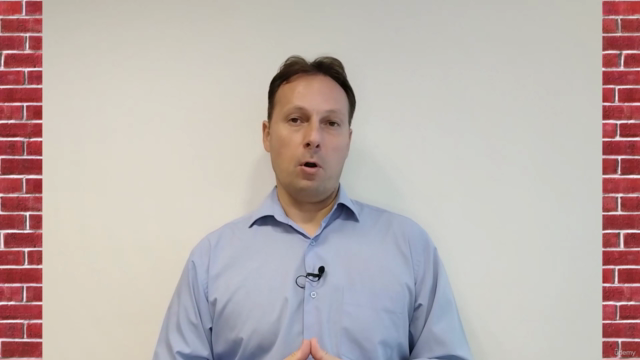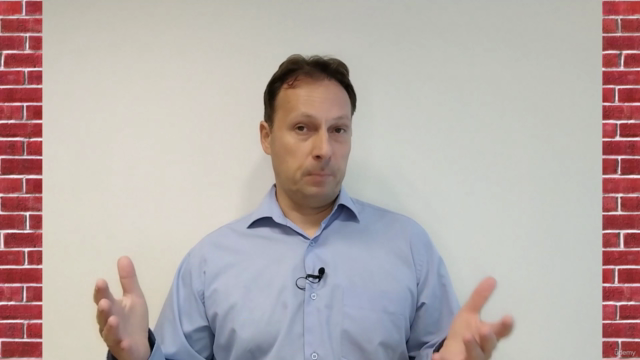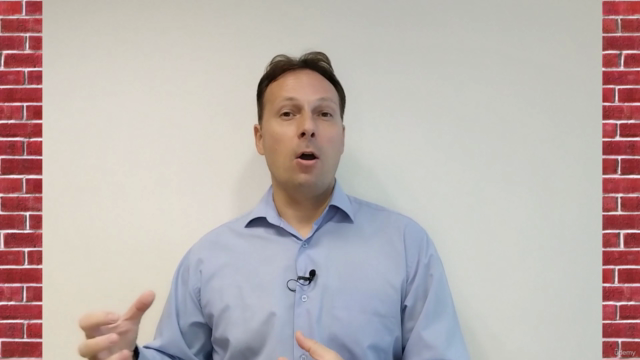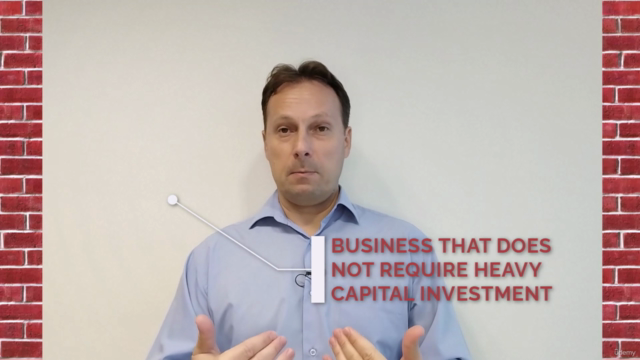Agile and Scrum Course for Scrum Master and Product Owner

Why take this course?
¡Hola! It seems like you've provided a comprehensive overview of the Scrum framework and the role of a Scrum Master, including some common questions and topics that individuals interested in Agile and Scrum might explore. Based on this information, let's create a user-friendly course outline for someone who wants to learn about Scrum from scratch or deepen their understanding if they already have some knowledge.
User-Friendly Course: Mastering Agile & Scrum for Product Owners and Scrum Masters
Module 1: Introduction to Agile and Scrum
- What is Agile? History and principles of the Agile Manifesto.
- Understanding Scrum within the broader context of Agile methodologies.
- The roles: Product Owner, Scrum Master, Development Team.
Module 2: Scrum Fundamentals
- Scrum theory: Transparency, Inspection, and Adaptation.
- The Scrum Framework: Roles, Events (Sprints, Sprint Planning, Daily Stand-ups, Sprint Reviews, and Retrospectives), Artifacts (Product Backlog, Sprint Backlog, Increment).
- The Scrum Guide overview.
Module 3: Scrum Master Role
- What is a Scrum Master? Responsibilities and skills required.
- Scrum Master vs. Project Manager: Understanding the differences.
- How to become a Scrum Master with no experience.
- Scrum Master Certification options (e.g., CSM, PSM).
Module 4: Practical Application of Scrum
- Setting up a Scrum Board and tracking progress.
- Facilitating effective Sprint Planning and Retrospectives.
- Tips for conducting daily Scrum meetings.
- Case studies and real-world examples of successful Scrum implementations.
Module 5: Advanced Scrum Topics
- Kanban vs. Scrum: When to use each, and how they can complement each other.
- Scaling Scrum: Scrum of Scrums, Large-Scale Scrum (LeSS), and SAFe.
- The role of the Product Owner and working with stakeholders.
- Scrum in various contexts: Software development, HR processes, marketing campaigns, etc.
Module 6: Scrum Master Skills Enhancement
- Interpersonal skills for effective team collaboration.
- Conflict resolution and team dynamics.
- Tools and technologies to support Scrum practices (e.g., JIRA, Trello, Rocket).
Module 7: Preparing for Scrum Master Certification
- Review of the Scrum Guide and certification exam preparation.
- Study strategies and resources.
- Practice exams and quizzes.
Module 8: Career Development as a Scrum Master
- Building a Scrum Master resume and cover letter.
- Interview techniques and common Scrum Master interview questions.
- Salary expectations and job market trends.
Module 9: Capstone Project & Real-World Application
- Participants will apply their knowledge by creating a short animated presentation that explains a complex problem solved using Scrum.
- Peer review and feedback sessions.
Module 10: Conclusion & Course Review
- Recap of key takeaways from the course.
- How to continue learning and growing as a Product Owner or Scrum Master.
- Final assessment and completion of the course.
Additional Resources
- Access to a community of practitioners.
- Ongoing support after course completion.
- Regular updates on Agile and Scrum trends and practices.
This course is designed to be comprehensive yet digestible, ensuring that participants not only understand the theory behind Scrum but also feel confident in applying it in real-world situations. With a mix of theoretical knowledge, practical exercises, and interactive discussions, this course aims to empower learners to excel as Product Owners or Scrum Masters and lead effective Agile teams.
Remember, the journey doesn't end with the course—it's just the beginning. Continuous learning and adapting are key to success in the ever-evolving world of Agile and Scrum.
Course Gallery




Loading charts...